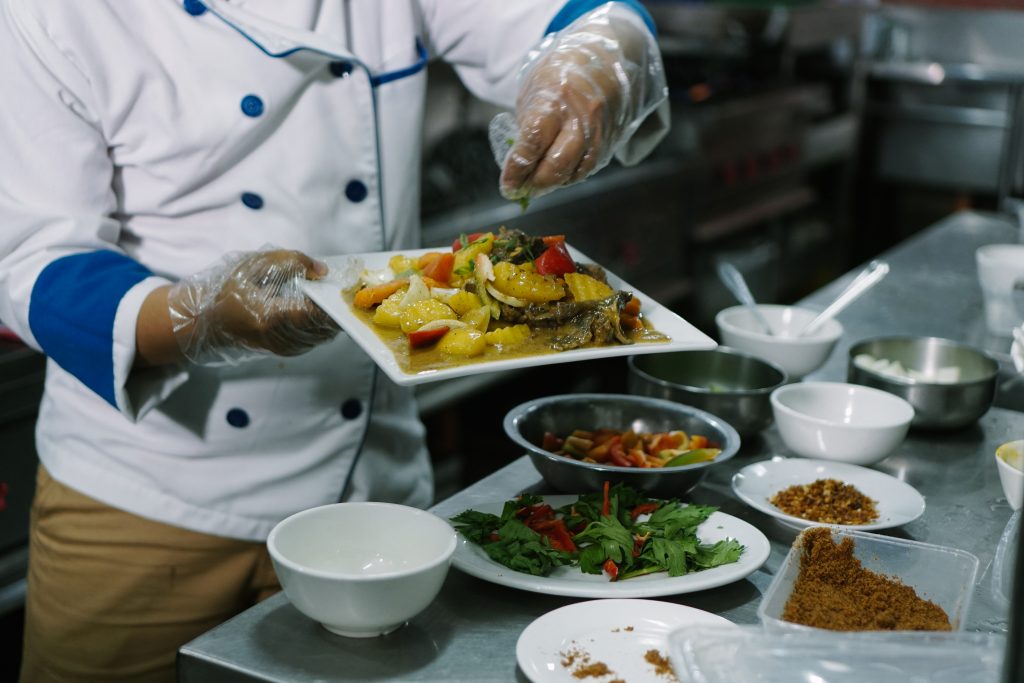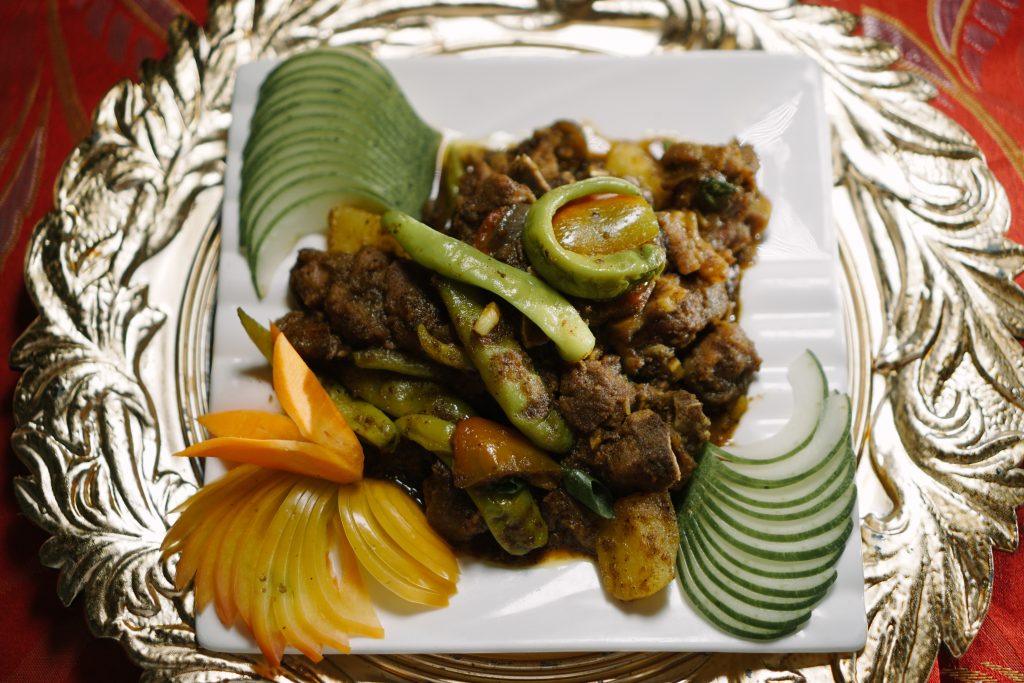Food
Halal tourism: A glimpse into Mindanao food, heritage
MANILA – The Department of Tourism (DOT) on Tuesday launched the “Halal Culinary Tourism” intending to attract even non-Muslims to try Mindanao’s best Halal-certified food.
Coinciding with the celebration of the Muslim festival Eid al-Adha, the DOT is confident this initiative would promote not only the region’s cuisine but also its people’s culture and tradition.
“Food is an important part of a tourism experience. It gives us a glimpse of a place’s culture and heritage. Through the development of Halal Culinary Tourism, we are encouraging the discovery and familiarity with the traditions of our Muslim brothers and sisters,” Tourism Secretary Bernadette Romulo-Puyat said. “Halal is not exclusive to Muslims. It is for everybody. This is what we want to introduce through this project.”
Halal is an Arabic word that means permissible or lawful, which in reference to food, is something that is clean and good for the health.
The food tourism program is a project of the DOT with the Brunei Darussalam – Indonesia – Malaysia -Philippines East Asean Growth Area (BIMP-EAGA).

It will document culinary practices of the area, create experiences and attractions for travelers, and promote the Halal tourism industry in the regions of Mindanao through culinary and heritage mapping.
The DOT on Tuesday started with the launch of a video showcasing Halal-certified and Muslim-friendly establishments across the regions of Mindanao, including the Black Seed Burger in Davao City that uses “black seed” on their burgers, a traditional herb widely used in western Asian cuisine; the SpiChef in Davao City, which offers the mango pineapple hot sauce, an innovation of fresh and natural herbs and spices; the Bay Tal Mal in Zamboanga City, which features traditional Moro cuisines, such as the Tiyulah Itum that is usually served during special occasions; and Hashy’s Cuisine in Cotabato City in BARMM, known for its Sinina Kambing, a traditional Maguindanaon dish.

Also featured are Babu Kwan and Torogan Kape in Cagayan de Oro City, Pater al-Kuwait House of Palapa in Iligan City, Dennis Coffee Garden in Zamboanga City, Mama Ping in Cotabato City, Tambilawan Kamayan Restaurant in General Santos City, and Radin’s Guinamos in Agusan del Sur.
Mylene Macusang, an entrepreneur from the Kagan Community in Davao City, said this initiative is the “best opportunity” for the region to highlight what it has to offer.
This sentiment is shared by Alim Mahir Gustaham, regional chairman of the United Imams of the Philippines.
“Para sa non-Muslims, it’s almost the same. Hindi naman magkakalayo ‘yong taste ng tao. Kaya lang siguro hindi ito na-introduce nang maayos. Hindi lang for Muslims ang Halal. Ang cleanliness doon din makikita mo (I think Halal cuisine has not been properly introduced, but when it comes to taste it’s not far from what non-Muslims are used to. Also, Halal cuisine is not only for Muslims. It’s all about cleanliness),” he said.





















